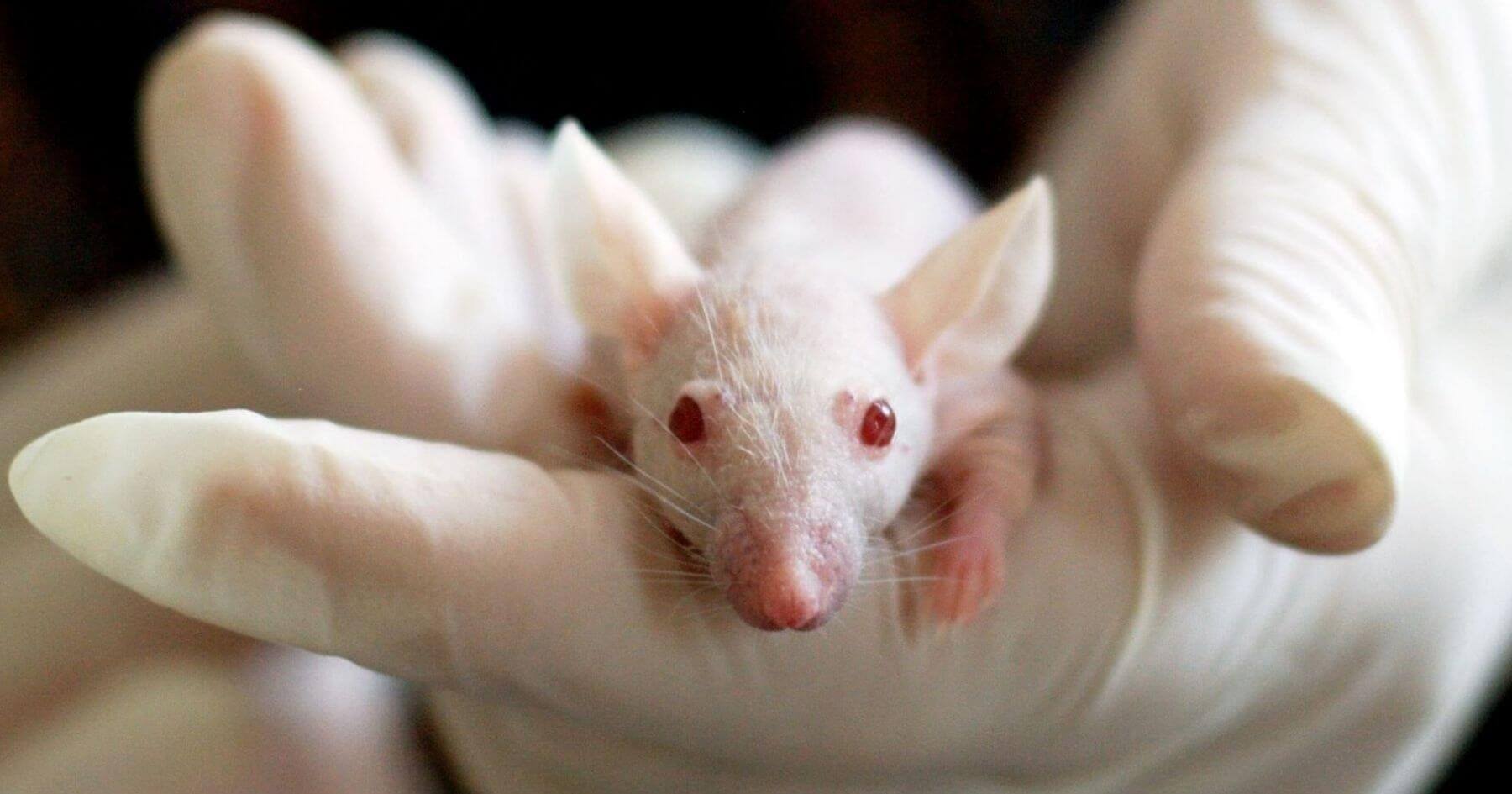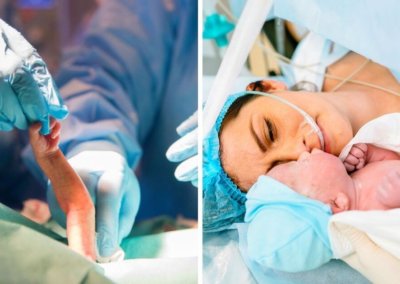Concerns have been raised by abortion supporters after scientists in Israel announced that they have managed to gestate more than a thousand mice in artificial wombs.
At five days, the mice embryos were removed from their mothers’ wombs and placed in artificial wombs for another six days. This took the mice embryos to about the mid-point of their development in utero.
The primary motive for such technology is supposedly to help protect babies who are born extremely prematurely and who are unable to survive outside of the womb. However, some pro-abortion advocates are concerned about the potential implications that this technology has for the abortion debate.
The 24-week abortion limit in the UK was originally set based on the ability of the baby to survive outside of the womb. Now, the potential of artificial wombs for humans is thought to bring this cut-off into sharp focus.
Author and abortion supporter, Jenny Kleeman, writes: “What if all foetuses, and even embryos, are potentially viable because they could be gestated inside an artificial womb? Any unborn child could be considered to have a right to life”.
“[I]f unwanted babies could be “rescued” by technology – gestated inside an artificial womb and then given up for adoption – then abortion could be simultaneously pro-choice and “pro-life”. Why should a mother be able to decide to terminate an unwanted baby if an artificial womb can save its life?”
She goes on to say “the threat of this technology will have enormous potential to coerce and control pregnant women”.
Born before the abortion limit
Increasingly, the 24-week cut-off is being questioned because more and more babies are being born before or shortly after this limit and going on to survive. What is thought to be one of Scotland’s most premature babies was born almost two weeks below the current abortion limit. This means that, were she still in the womb, it would have been lawful to end her life by abortion. Now though, after four months in hospital, baby Sofia Viktoria Birina has gone home.
This is not an isolated incident as babies are continuing to be born before or shortly after the abortion limit in Great Britain and are going on to live and even thrive at greater rates than before. Studies suggest that the majority of premature babies grow up to be healthy adults without any major health problems.
A study, published in the Journal of the American Medical Association in October 2019, followed 2.56 million babies born in Sweden between 1973 and 1997, around six percent of whom were born prematurely.
Researchers compared the health data of the premature babies to those that had been born at full term. They found that 55% of premature babies had no serious chronic, physical, or mental health issues by early adulthood. This is compared to 63% for babies born at full term.
Additionally, with each passing decade, the odds of survival for a premature baby to adulthood have improved from about 91% of babies born in the 1970s to about 96% of those born in the 1990s.
The survival rate for extremely premature babies has doubled over the past decade, prompting new guidance allowing doctors to try to save babies born as early as 22 weeks into a pregnancy.
Right To Life UK spokesperson, Catherine Robinson, said: “Artificial wombs certainly do raise thorny ethical questions, but in relation to the abortion debate they are especially revealing. Abortion advocates’ reactions to artificial wombs show that they are not just concerned about the ‘freedom to not be pregnant’, but rather they want to make it legal to have the freedom to stop a child from living. This is not a case of ‘my body, my choice’, but ‘my child, my choice’. This is clearly shown through Kleeman’s worry that if artificial wombs were available, and someone was pregnant and did not want to be, the solution would be to remove the child from his/her mother’s womb and place that child in an artificial womb to continue his/her development”.
“If this solution is not acceptable, as Kleeman and other abortion advocates presumably think it is not, then we can see that abortion is not about the freedom to be pregnant or not, but about the freedom, once pregnant, to decide if one’s own unborn child lives or dies”.
“Abortion, of course, has always involved the ending of the life of a child. But artificial wombs make this end goal particularly clear. Kleeman herself asks the most pertinent question: ‘Why should a mother be able to decide to terminate an unwanted baby if an artificial womb can save its life?’ Why indeed?”





